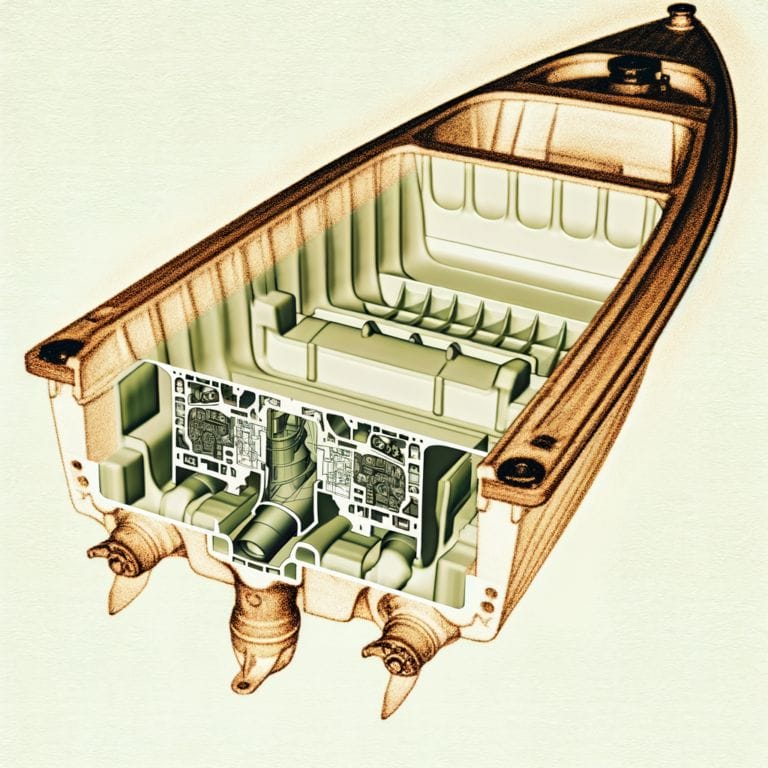Can Electrical Engineers Work as Electricians? Answer Here
We’ve all wondered at some point whether electrical engineers can effectively switch roles and become electricians. It’s a topic that piques curiosity, especially considering the distinct skill sets each profession demands. On one hand, engineers excel in theoretical problem-solving, while electricians thrive on practical, hands-on work.
So, what does it really take for an electrical engineer to make the change and become an electrician? Let’s explore the adjustments, licensing requirements, and potential challenges they may face. Could this shift open up new career opportunities and avenues for innovation?
Key Takeaways
- Electrical engineers can transition to electricians by gaining practical installation expertise and meeting licensing requirements.
- Engineers’ technical and theoretical knowledge is highly valuable in the electrician field.
- Practical experience through hands-on training and apprenticeships is crucial for engineers becoming electricians.
- Electrical engineers must adapt to the physical demands and fieldwork of electrical installations.
- Career paths for engineers in the electrician field include project management and system design roles.
Exploring the Path to Become an Electrical Engineer

Becoming an electrical engineer requires understanding the specific educational requirements and essential skills. Primarily, pursuing an engineering degree is crucial, which typically involves completing a Bachelor’s degree in electrical engineering, integrating core subjects like mathematics, physics, and circuit design.
Gaining hands-on experience through labs and projects during the education and training phase is invaluable. This practical application transforms theoretical knowledge into real-world problem-solving abilities. Internships or co-op programs offer industry insight and provide essential hands-on skills, allowing for the application of learned concepts in a professional setting, fostering a deeper understanding of complex electrical systems.
Learning the Job of an Electrician: Key Responsibilities and Qualifications

Aspiring electricians often pursue formal education and apprenticeships to gain the necessary skills and qualifications for the job. This structured path ensures they’re well-prepared for the dynamic and demanding nature of the profession.
Electricians typically start with a high school diploma or equivalent, followed by enrolling in a technical school or community college to study electrical theory, circuitry, safety practices, and local building codes. The next essential step is apprenticeships, which combine on-the-job training with classroom instruction, allowing apprentices to work under experienced electricians’ supervision.
Unraveling the Key Differences Between Electricians and Electrical Engineers

Although electricians and electrical engineers share a foundational understanding of electrical systems, their educational paths and job responsibilities set them apart significantly.
Electricians typically undergo a hands-on training regimen that includes apprenticeships and technical school programs, enabling them to install, maintain, and repair electrical systems directly. In contrast, electrical engineers usually pursue more academically rigorous routes, earning bachelor’s, master’s, or even doctoral degrees. Their education focuses on the theoretical aspects of electrical systems, including design, analysis, and research.
Can an Electrical Engineer Become an Electrician?

Transitioning from an electrical engineer to an electrician may seem straightforward, but it involves specific challenges and benefits. The change requires adapting to a hands-on role, where theoretical knowledge meets practical application.
Let’s visualize the challenges and benefits of this shift:
| Aspect | Challenges | Benefits |
|---|---|---|
| Skillset | Acquiring practical installation expertise | Using engineering knowledge practically |
| Certification | Meeting licensing requirements | Enhanced credibility with dual qualifications |
| Work Environment | Adapting to physical labor and fieldwork | Gaining diverse work experiences |
| Problem-solving | Quick, on-the-spot fixes | Applying advanced diagnostic skills |
| Career Growth | Initial adaptation period | Potential for varied career paths |
The challenges of becoming an electrician include acquiring hands-on skills and meeting licensing requirements. However, the benefits are compelling. Electrical engineers can leverage their deep understanding of electrical systems in practical scenarios, enhancing their problem-solving capabilities. Additionally, holding dual qualifications can boost credibility and open up diverse career opportunities.
Job Opportunities for Electrical Engineers in the Electrician Field

Electrical engineers can find a wealth of job opportunities in the electrician field, where their technical expertise and theoretical knowledge prove invaluable. The ability to design and analyze complex circuitry ensures more efficient and safer installations. The job opportunities are vast – ranging from residential wiring projects to large-scale industrial installations.
Moreover, numerous success stories highlight electrical engineers who’ve transitioned into the electrician field, leveraging their skills to innovate and improve traditional practices.
Conclusion
To sum up, while electrical engineers and electricians have distinct roles, it’s feasible for engineers to shift into the electrician field.
We’ll need to embrace hands-on work, physical labor, and gain practical experience. Meeting licensing requirements is essential too.
Despite these challenges, the move offers diverse career paths and opportunities for innovation, making it a rewarding shift for those of us keen to apply our theoretical knowledge in a more practical, hands-on environment.
Frequently Asked Questions
Can electrical engineers work as electricians?
Yes, an electrical engineer can also work as an electrician if they choose to pursue that career path. However, the job responsibilities and required skills may differ between the two professions.
What are the key differences between an electrician and an electrical engineer?
An electrician typically works hands-on with electrical systems, dealing with installation, maintenance, and repair. On the other hand, an electrical engineer focuses more on design, development, and testing of electrical systems and equipment.
How can an electrician become an electrical engineer?
To transition from being an electrician to an electrical engineer, one may need to further their education by pursuing a higher degree in electrical engineering. This involves gaining proficiency in mathematics, science, and technology.
Is the salary higher for an electrical engineer compared to an electrician?
Generally, electrical engineers tend to earn a higher salary than electricians. This difference in salary can be attributed to the higher level of education, specialized skills, and responsibilities that come with being an electrical engineer.
Can a master electrician take on the role of an electrical engineer?
While a master electrician possesses advanced skills and knowledge in the electrical field, becoming an electrical engineer typically requires a higher level of education and expertise in areas such as energy, electronics, and control systems.







